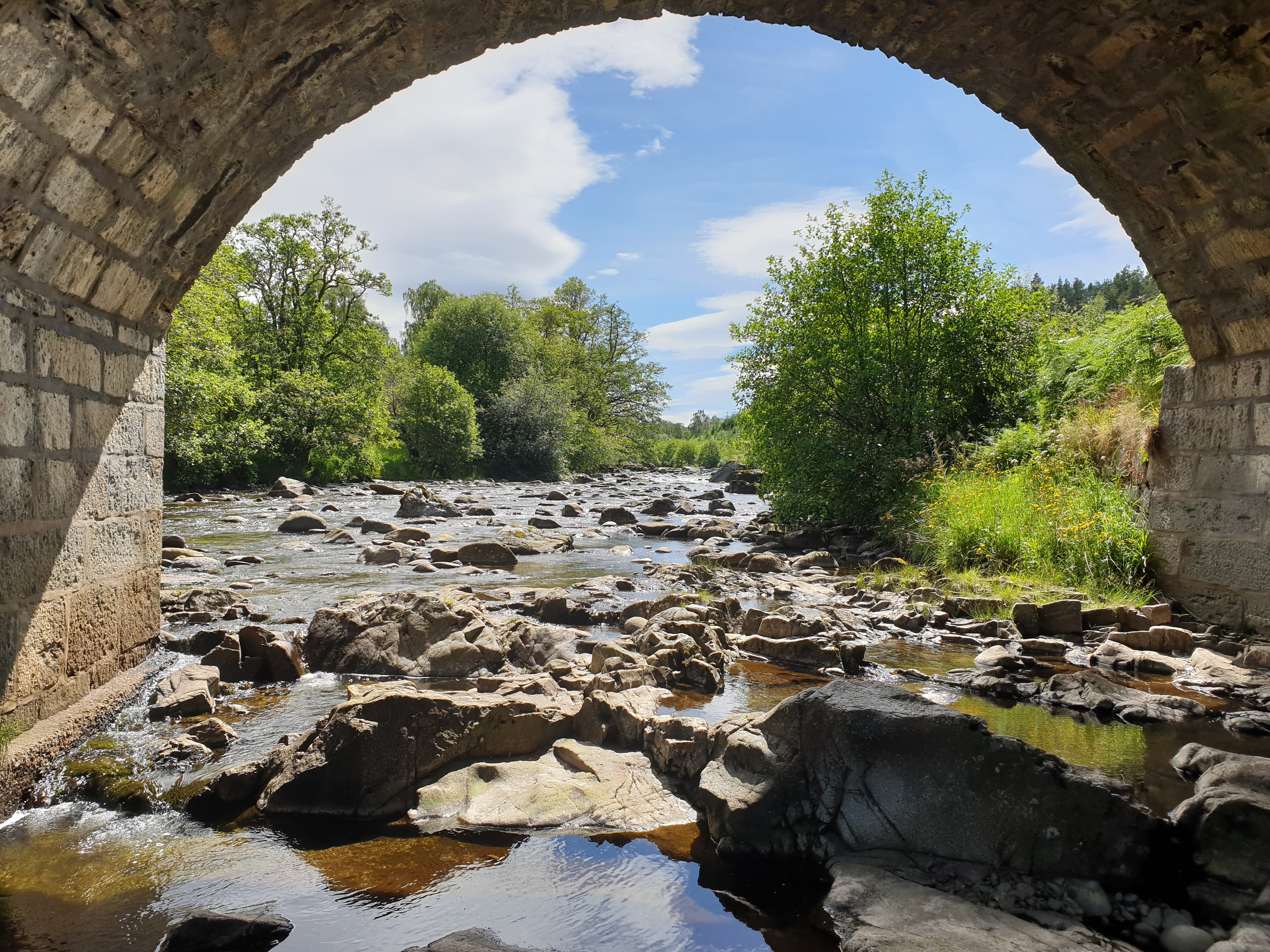We’re familiar with the idea of a natural capital ‘credit’. It’s a unit of paid-for reinvestment in nature – carbon storage, or biodiversity – which can be measured, traded, and used, with care, to ‘offset’ other activities, directing investment and land use to the most impactful places.
We’re increasingly familiar, too, with natural capital trading controversies. Credits are frequently criticised for failing to deliver real benefit, and it can seem a haphazard minefield. Yet the four criteria for a robust credit are well established: monitoring, reporting and verification (MRV); permanence; additionality; and leakage.
In this blog I want to address the fourth, and I think most neglected, of these criteria: leakage. It’s up there with ‘moist’, in unattractive words, but it’s ugly for a reason. If we don’t attend to it, our well-intentioned projects might be damaging nature and the climate.
Leakage is offsite – out of sight – carbon or biodiversity loss caused by a project. If a conifer timber crop is replaced with native woodland, or an arable wheat field converted to wildflower meadow, demand for that product will not go away. Wood and timber will be produced elsewhere, potentially resulting in more valuable woodland habitat being harvested, or ancient grassland being ploughed. The net result is far worse than if the first site were left alone.

The Woodland Carbon Code, the UK standard for afforestation projects, does calculate leakage, but only retrospectively, such as lamb lost as a result of woodland creation on pasture. It doesn’t evaluate the future potential of that land for other types of production, such as timber or solar energy – which could be lost opportunities to deliver greater total carbon benefit. Given our limited supply of land, this matters.
The English Biodiversity Net Gain framework, and many conservation projects, do not systematically calculate leakage at all, which is troubling as it often occurs on highly productive land. How can we tackle the global environmental crisis if we act as if global resource demands do not matter?
Leakage usually means the loss of a vital ecosystem service: provisioning. Provisioning is the supply of our physical needs from nature. Surely with food, energy and housing poverty all around us, it is obvious these benefits of nature are a public good which society can’t neglect, or assume ‘the market’ will sort them out?
Hopefully, in future, leakage will be better accounted for in codes and accreditation systems. Yet the natural capital market is not fully mature, and many developers and investors are trying their own schemes. If you want to be sure your project has impact, don’t rely on it being done for you.
As the singer-songwriter Gabbie Hanna wrote in Adultolescence, ‘Next time you pour everything you have into someone, make sure they don't have any leaks’.
*Natural Capital: Galbraith’s expert advisers provide guidance in realising value in all land uses – by assessing and measuring natural assets, furthering opportunities in biodiversity net gain, and ensuring stakeholders are rewarded fully for their investment in and contribution to delivering ecosystem services and net-zero outcomes.

